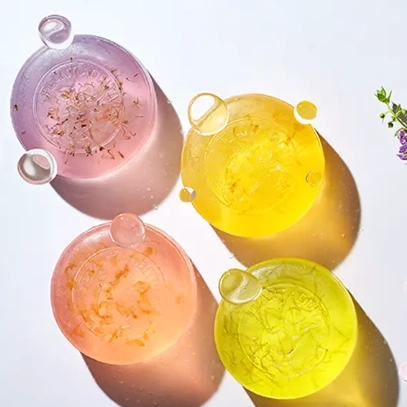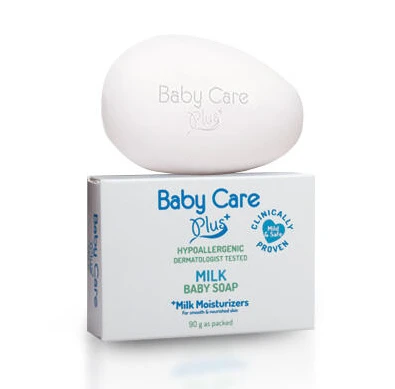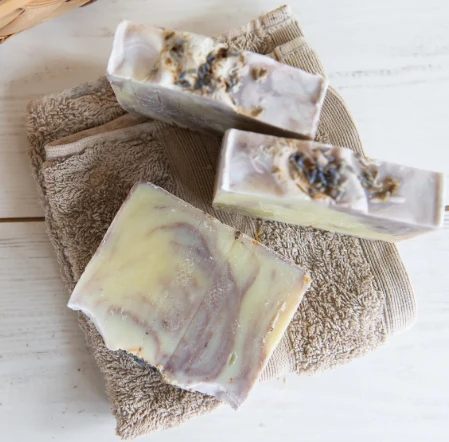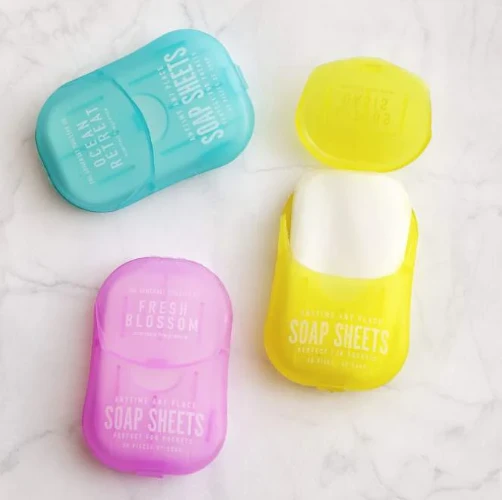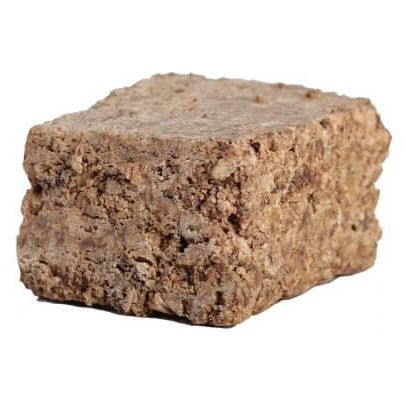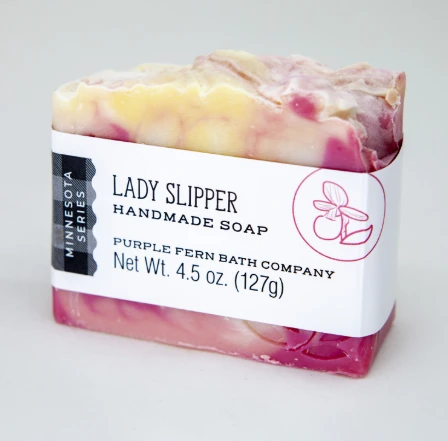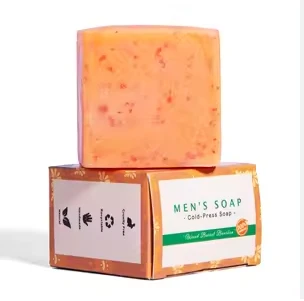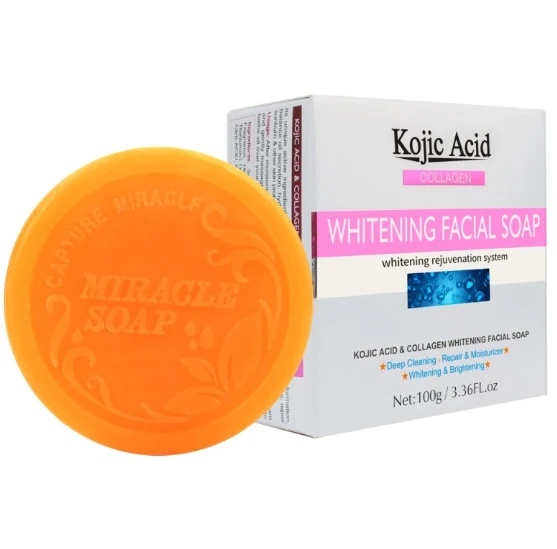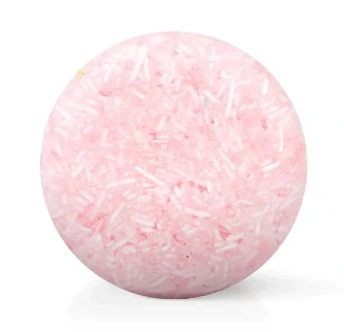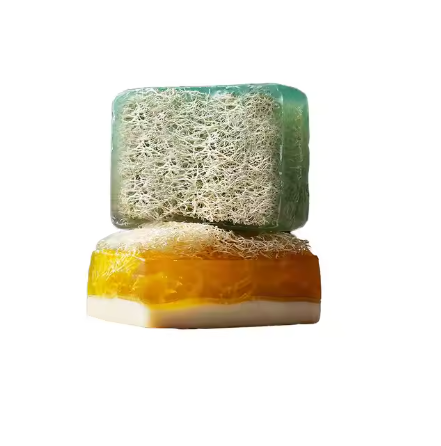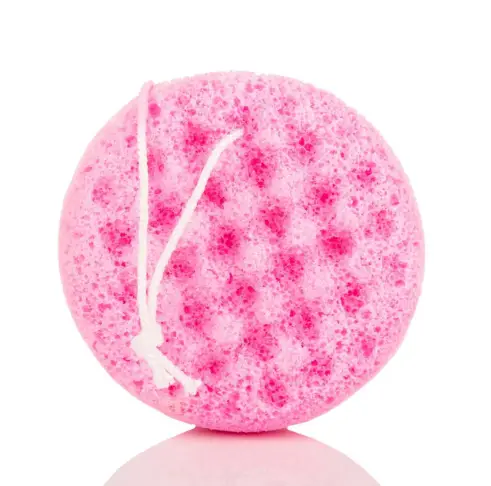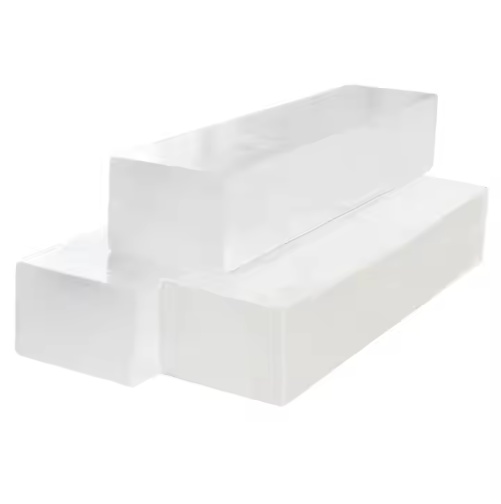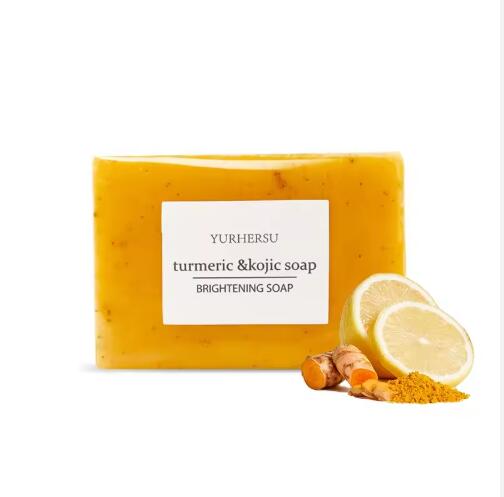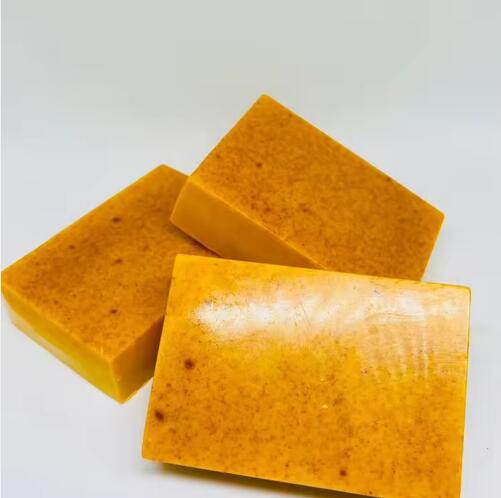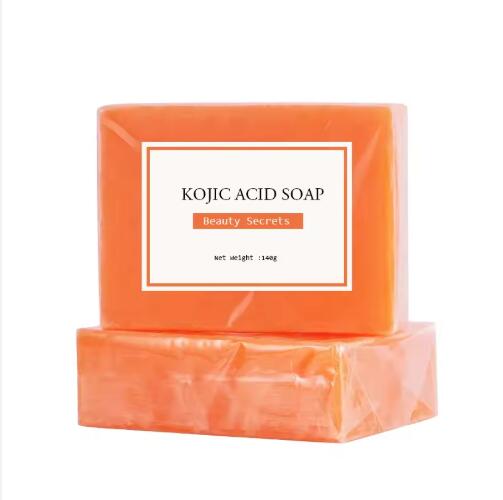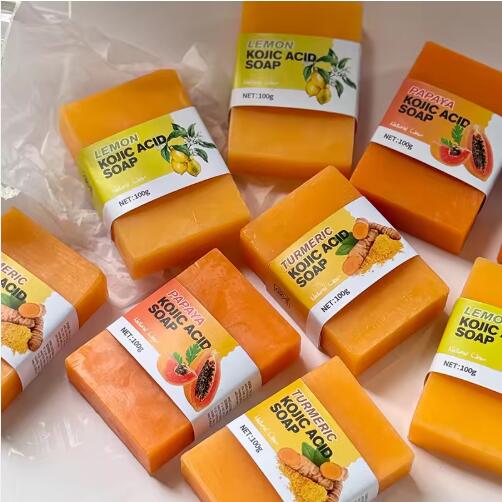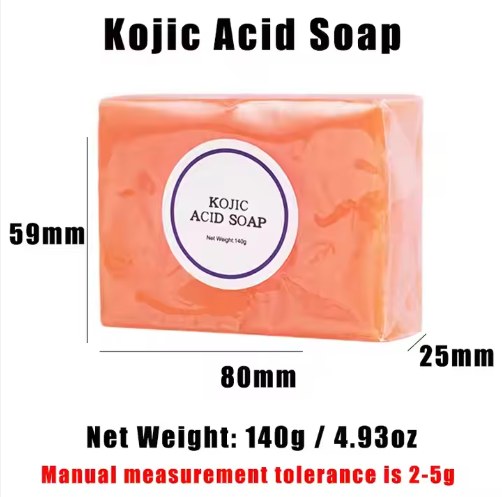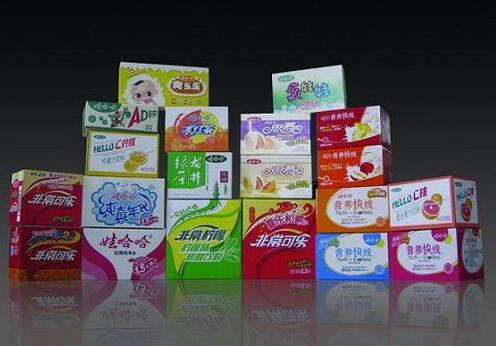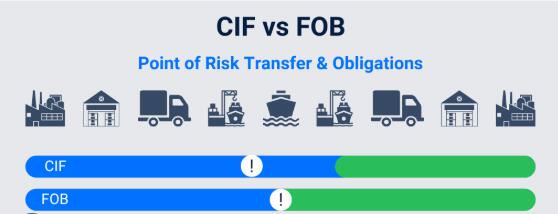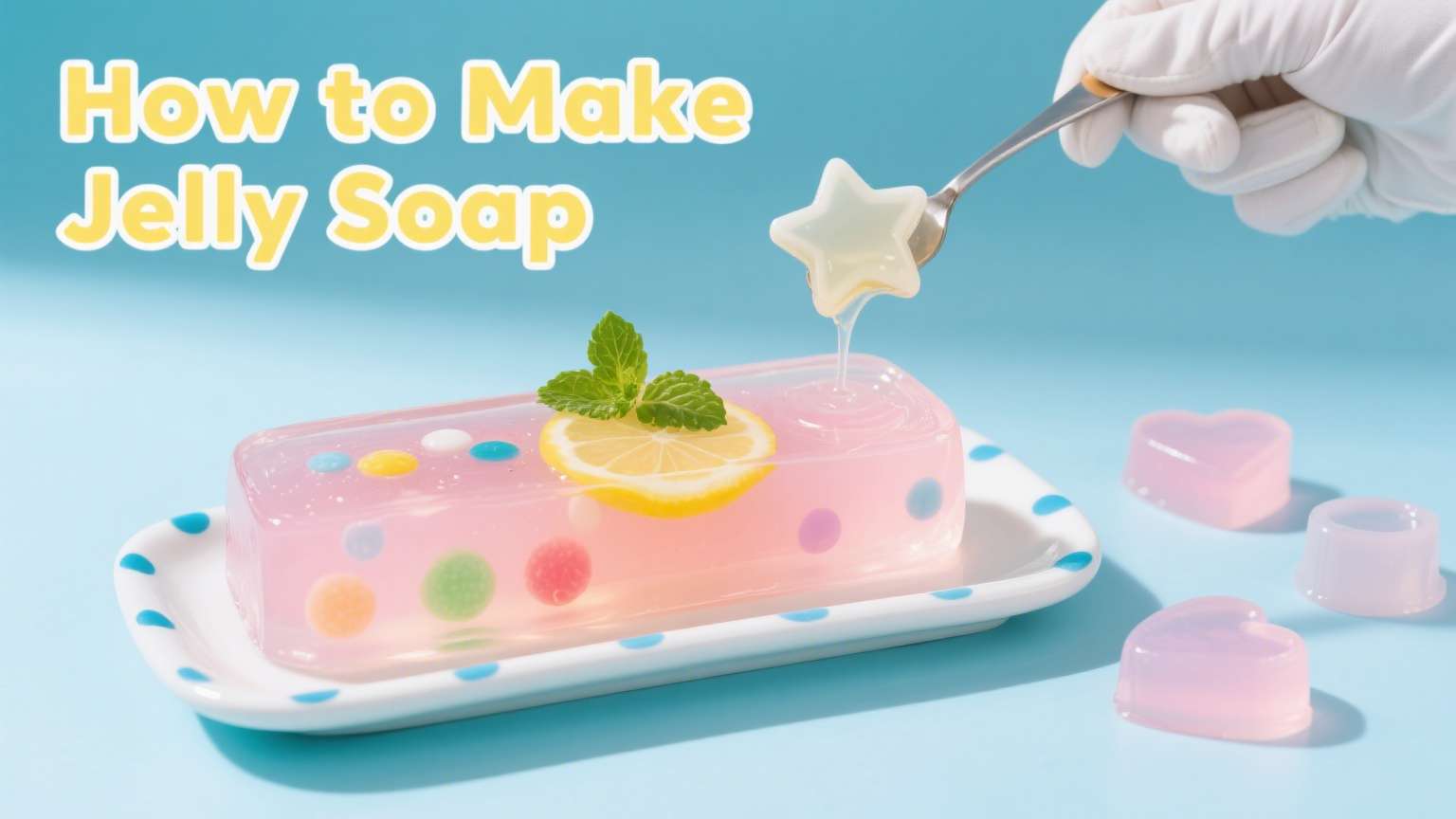Some knowledge about soap that you might find interesting
Who And When Invented Soap?
An excavation of ancient Babylon revealed evidence that the Babylonians were making soap around 2800 B.C. The Babylonians were the first to master the art of soap making. They made soap from fats boiled with ashes. Soap was used to clean wool and cotton in textile manufacturing and medicinally for at least 5000 years.

The Ebers papyrus (Egypt, 1550 BC) reveals that the ancient Egyptians mixed animal and vegetable oils with alkaline salts to produce a soap-like substance.
According to Pliny the Elder, the Phoenicians used goat's tallow and wood ashes to create soap in 600 BC. Early Romans made soaps in the first century A.D. from urine, and soap was widely known in the Roman Empire
The Celts made soap from animal fat and plant ashes. They named the product ship, from which the word soap is derived.
What Are The Basic Ingredients In Soap?
The two base ingredients for homemade soap are fat and a form of lye, a caustic chemical. You can add dyes, essential oils, texturizers, and other enhancements to this two-ingredient base.
An alternative to the fat and lye base is a glycerin Soap Base. Glycerin results from saponification, the chemical reaction between fat and lye that makes soap.
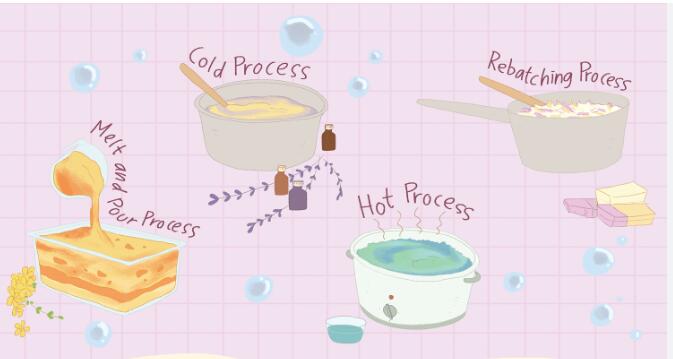
Making homemade soap from scratch can give you flexibility in the type of fat you use. If you’re making soap for the first time, start with a glycerin soap base.
Fat and oil. If you’re making soap from scratch, you’ll need a type of fat or oil. There are many options, including:
- Animal fat, like tallow or lard
- Vegetable fat, shortening, and oil
- Olive oil
- Coconut oil
- Palm oil
What Are The Benefits Of Soap?
Cleansing: Soap effectively removes dirt, oil, sweat, and bacteria from the skin, helping prevent infections and skin issues.
Germ reduction: It kills harmful microorganisms, reducing the spread of diseases.
Odor control: Regular use helps eliminate body odor by removing bacteria that cause unpleasant smells.
Skin health: Many soaps contain moisturizers and nutrients that nourish the skin, promoting a healthy complexion.
Exfoliation: Some soaps include gentle exfoliants to remove dead skin cells, leaving skin smoother and brighter.
Aromatherapy: Scented soaps can provide mood-enhancing benefits through aromatherapy.
Versatility: Soap can be used for various purposes beyond personal hygiene, such as laundry and household cleaning.
Cost-effective: Compared to many skincare products, soap is affordable for maintaining cleanliness and skin health.
Environmental friendliness: Many soaps are biodegradable and have minimal environmental impact when used responsibly.
How To Use bar soap Tips
Get the most out of a bar of soap with these simple tips:
- Store in a dark, dry place: If you're like most people, you buy and store a few bars of soap at a time. It's best to store them in a dark, dry place, like a linen closet. The best bar soaps come in a handy box, so they are not covered in store dust. There's no need for an extra bag or anything. If you buy scented bars, you can put them between your sheets and towels for a little extra pleasant aroma.
- Once you start using a bar of soap, place it in a well-drained, dry soap dish. Storing bar soap in a puddle between uses will cause it to wash down the drain slowly.
- For a shower, use a loofah or sea sponge for the best and most lather while using the least soap. A washcloth is a good second choice since the terrycloth will soak up much of the lather. Rubbing the soap directly all over your body is the least efficient way to use a bar of soap and will generate the least lather.
Does soap expire?
So, can soap expire? In short, yes. Soap is a surfactant that can remove dirt, oil, and bacteria from your skin. However, over time, the active ingredients in soap can degrade, making it less effective at cleaning and sanitizing your skin. If you feel that your soap is not cleaning as effectively as it once did, chances are that it has started to go off.
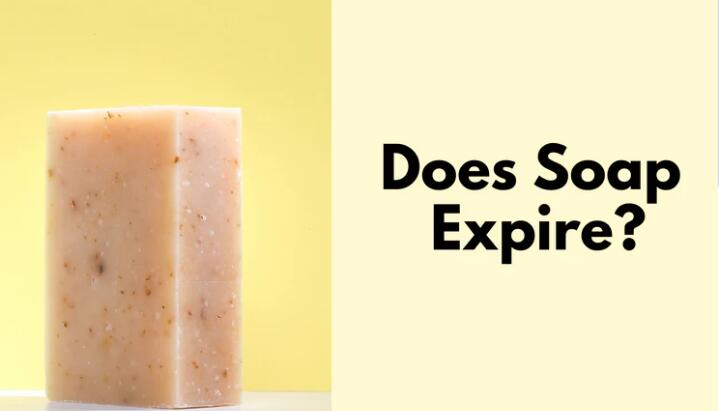
When Does Soap Go Off?
The time it takes for a soap bar to go off varies depending on several factors, with its ingredients and the way the soap is stored having the biggest effects on its lifespan.
While mass-produced soap bars tend to have a fairly long shelf life due to the presence of artificial preservatives and chemical ingredients designed to strengthen the soap and prevent it from breaking down after use, artificial soap bars also eventually expire. You may have noticed that the packaging of many mass-produced soaps features a small picture of an open container with a number in the center – this is an indication of the estimated soap’s shelf life after opening.
Handmade, Natural Soaps tend to have a shorter life span, purely because natural ingredients generally ‘go bad’ sooner than artificial ones. This is one of the reasons that natural, Handmade Soaps are often smaller than the mass-produced soaps manufactured by large companies. Keeping natural soaps smaller reduces waste, as the soaps are generally all used up before expiration.
The above applies mostly to soaps that have been opened and used, so when does soap expire if left unopened? Natural and artificially preserved soaps can last 2-3 years if left unopened, unused, and stored correctly.
How Can You Tell If Soap Has Expired?
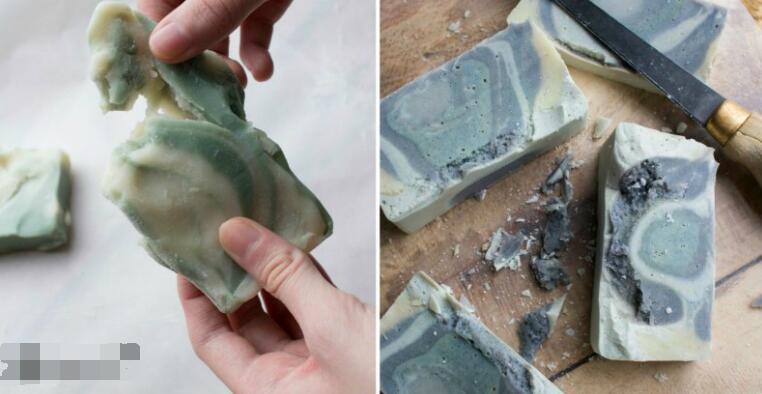
There are some tell-tale signs that you can use to judge whether or not your soap has started to expire. The main signs that your soap is beginning to expire are:
- It does not lather when wet
- Its scent has faded
- Orange spots have appeared on the surface of the soap
- It is dry and cracked
- Mould has appeared on the soap
You can accurately judge whether or not a soap needs to be thrown away by simply taking a close look at the soap and judging its smell. If you notice several of the signs above, its time to replace your soap bar.


